Black British History Quilt Directory
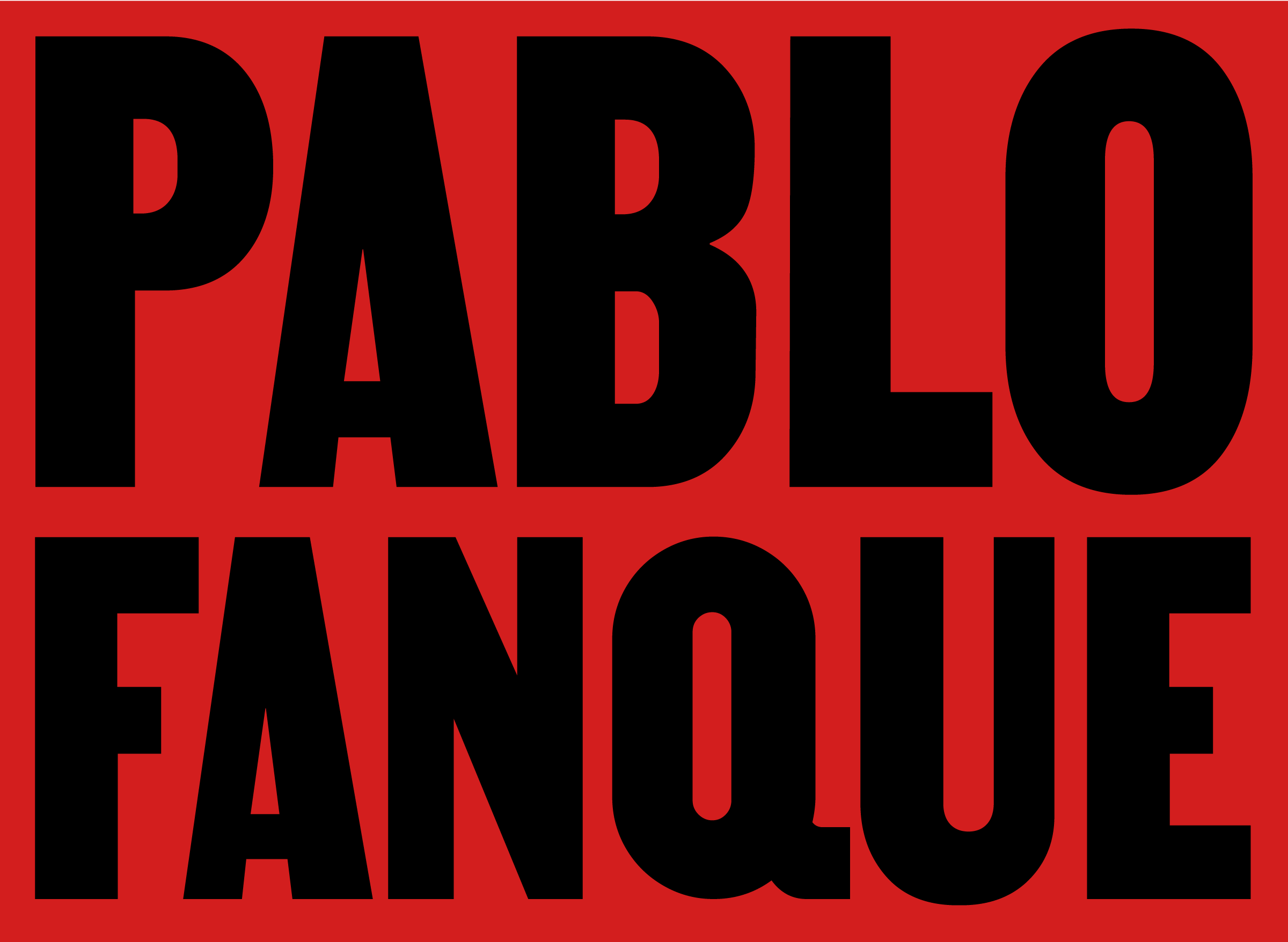
Pablo Fanque
Born: 1810, Norwich, England
Died: 1871, Stockport, England
From a young age, Pablo Fanque became an apprentice of popular circus proprietor, William Batty. In 1821, Fanque made his circus debut in Norwich at the age of ten. Whilst performing with various circuses across England, Fanuqe became a highly skilled performer and set up a circus of his own in 1841. His circus toured across England and became one of the most popular circuses in the Victorian period.
Fanque was known to be generous as he frequently offered free entry for children and donated money to charitable causes. At the end of his fifty year career, Fanque died in poverty in Stockport with his wife and two children. His funeral was well-attended - several thousand spectators watched the grand procession in mourning.

Mary Prince
Born: c.1788, Bermuda, West Indies
Died: c.1833, England (unconfirmed)
Mary Prince was born into slavery and became the ‘property’ of multiple enslavers across different islands in the Caribbean. After being taken to England from Antigua in 1828, Prince made multiple attempts to purchase her freedom from her enslaver John Adams Wood Jr., all of which were denied. Prince eventually fled from Woods and began working for Thomas Pringle, a secretary for the Anti-Slavery Society. Prince joined the society and became an ardent campaigner for the abolition of slavery, presenting her brutal first-hand experiences and revealing the atrocities of slavery to the English public.
In 1831, Prince published her highly influential autobiography The History of Mary Prince, a West Indian Slave, Related by Herself, making her the first known Black woman in England to publish an autobiography. Not much is documented about Prince’s later life. She is thought to have died in either Britain or Antigua in the West Indies where her husband Daniel James lived.

Joseph Antonio Emidy
Born: 1775, Guinea, West Africa
Died: 1835, Truro, Cornwall
From the age of twelve, Joseph Antonio Emidy was sold into slavery and was taken to Brazil. He was reported to have a natural talent in musical instruments which was harnessed by priests in Brazil. Emidy was sent to Lisbon, Portugal where he was formally taught to play and learn musical instruments. His excellence in the violin earned him a prestigious place in the Lisbon Opera Orchestra in 1795. Impressed by Emidy's talents, Sir Edward Pellew - a British Navy Captain, kidnapped Emidy and forced him into a violinist role on board his ship.
Four years later in 1799, Pellew ‘released’ Emidy in Falmouth, England where Emidy then became a free man. Emidy became a music teacher and went on to marry and have children. Settling in Truro, Cornwall, Emidy continued to compose and play music, he joined the Truro Philharmonic Orchestra and founded the Helston Philharmonic Society.
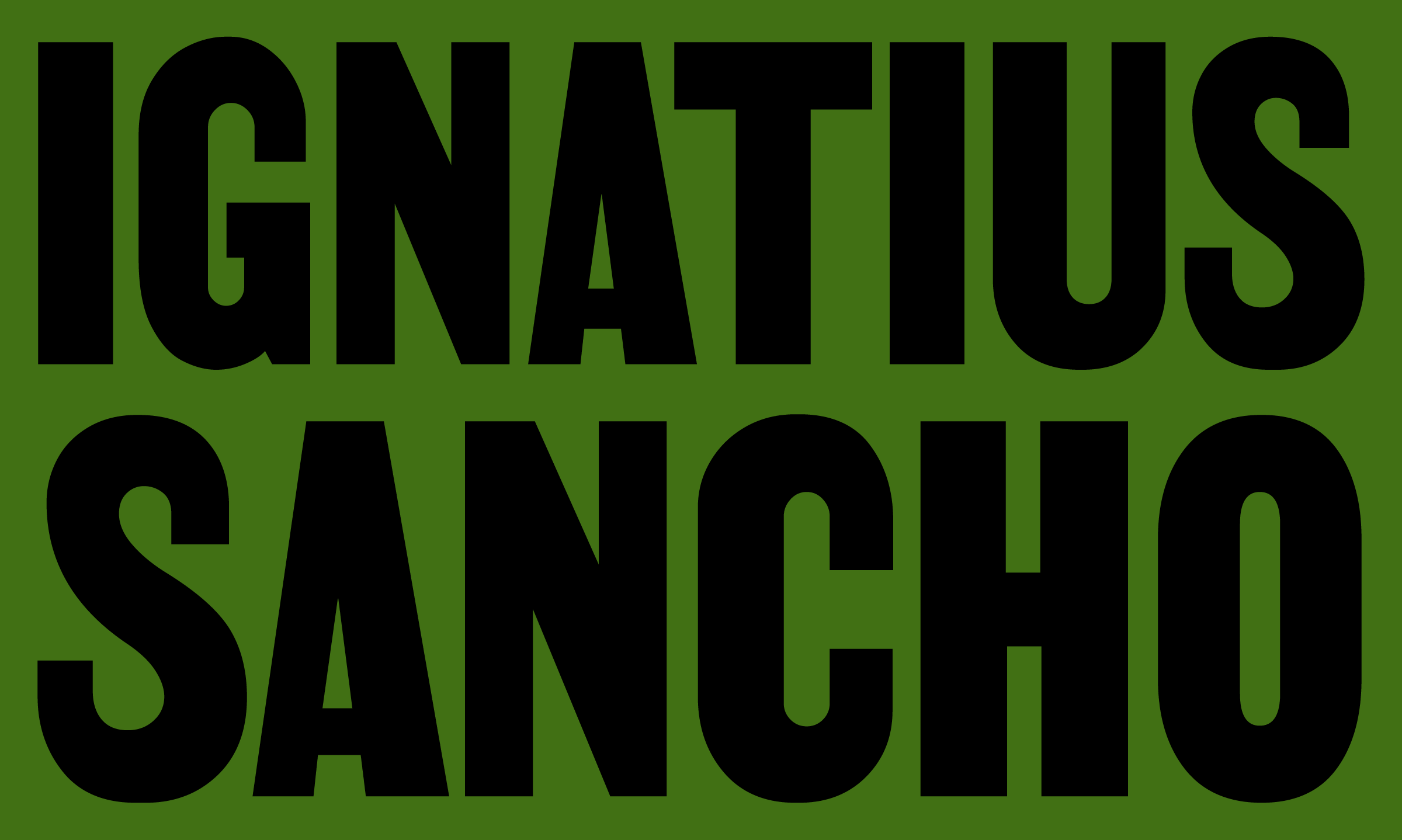
Ignatius Sancho
Born: 1729, Middle Passage
Died: 1780, London, England
Ignatius Sancho was born on board a slave ship in the Atlantic Ocean en route to Grenada from Guinea, West Africa in 1729. After becoming orphaned at the age of two, Sancho was taken to London, England and was ‘gifted’ to three sisters in Greenwich for whom he worked. Sancho befriended John Montagu, 2nd Duke of Montagu who encouraged Sancho’s reading and self-education. Sancho eventually worked as butler and valet for the Montagu household which exposed him to a cultural education in which he learnt to read, write, act, and compose music.
Sancho developed a network of well-known social and literary figures and began writing letters to newspapers, critiquing politics and culture. Sancho became an influential, key figure in the abolitionist movement where he wrote letters and gave speeches on his first-hand accounts of slavery in aid of the campaign for its abolishment. In 1774, Sancho officially became the first known Black person to vote in a British election. Sancho died from ill-health in 1780 although his writing continued to live on. His letters were published into a book which provided further evidence to support the abolishment of slavery.

Billy Waters
Born: c.1778, New York, USA
Died: 1823, London, England
Billy Waters is thought to have escaped enslavement and gone on to serve as a seaman for the British Royal Navy. In 1812 he suffered a serious naval accident that caused him to lose one of his legs. Following his accident, he settled in London with his family and became a well-known busker, distinguishable by his wooden leg, naval uniform and large hat.
He played the violin and entertained theatre-goers as a means of making a living - his prime location was by the Adelphi Theatre on the Strand. Shortly after being crowned 'King of the Beggars', Waters stopped busking due to ill health and joined a workhouse. He died shortly after.

George Bridgetower
Born: c.1780, Biała, Poland
Died: 1860, Peckham, London
George Bridgetower was born to a Polish-German mother and a father of Afro-Caribbean descent. At the age of nine, Bridgetower debuted as a violinist in Paris and travelled to England with his father where he performed at multiple concerts around England for prestigious audiences. In 1791, at the age of eleven, Bridgetower was put under special protection by George III, Prince of Wales and became the first violinist for the Prince’s private orchestra.
Bridgetower met Ludwig Beethoven whilst in Europe in 1803. The two became good friends and eventually performed together which resulted in Beethoven gifting Bridgetower his tuning fork. Bridgetower joined the Royal Philharmonic Society and in 1811, he gained a Bachelor of Music from Cambridge University. He continued to teach and perform violin around Europe.
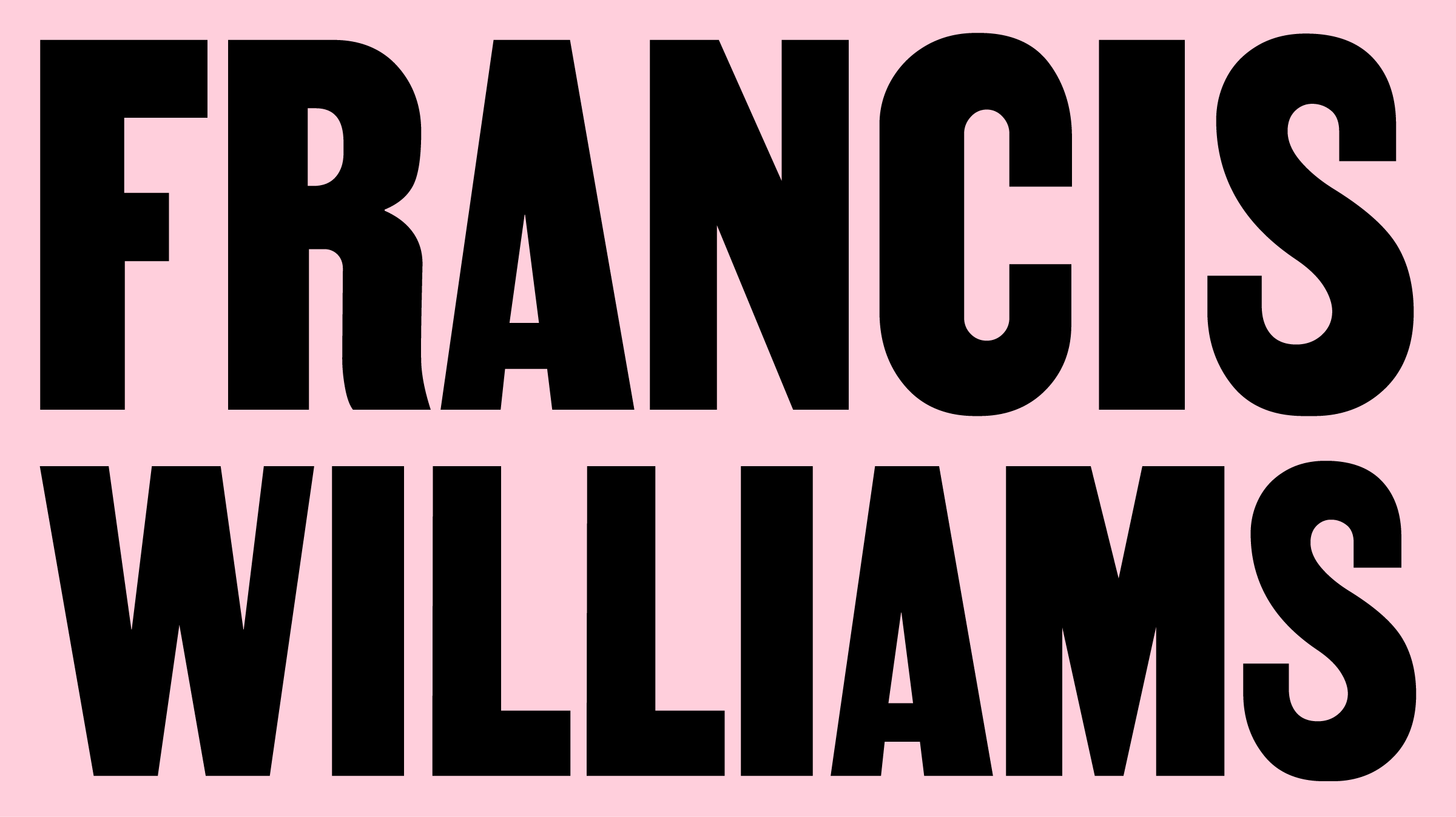
Francis Williams
Born: c.1690, Kingston, Jamaica
Died: c.1762, Spanish Town, Jamaica
Francis Williams was born a free man to parents who were free landowners in Kingston, Jamaica. His father owned sugar plantations in Jamaica and due to his substantial wealth, Williams received a full education. Williams travelled to London in 1721, and became an official British citizen. As a scholar, Williams was connected to various scholarly networks such as the Royal Society, although he was denied official membership due to the colour of his skin.
Williams was highly intelligent which frustrated white scholars such as Edward Long, a colonial administrator and historian who publicly discredited Williams’s intelligence throughout his life. Long was pro-slavery and consistently promoted racist ideology which argued that white people were inherently smarter than Black people. Williams returned to Jamaica in 1723 and established a school in Spanish Town where he taught Latin, reading, writing, and maths. Williams went on to become a successful writer and poet.

Oludah Equiano
Born: 1745, Essaka, Nigeria
Died: 1797, London, England
Oludah Equiano was sold into slavery at the age of eleven and ended up in Virginia, US with his enslaver Michael Henry Pascal who renamed him Gustavus Vassa. Equiano traveled widely with Pascal and was repeatedly sold and transported throughout his life. In 1766, Equiano eventually bought his freedom from his last enslaver, Robert King for what is now valued at £40.00. He went on to spend many years travelling across the Americas, eventually arriving and settling in London in 1786.
Whilst in London, Equiano established the ‘Sons of Africa’ group with co-founder Ottobah Cugoano. This highly-influential group which campaigned for the abolition of slavery. In 1788, Oludah presented the anti-slave trade petition to Queen Charlotte and went on to publish his autobiography in 1789. His autobiography detailing the first-hand perspective of slavery was extremely popular and was effective in gaining further support from the British public for the abolition of slavery.
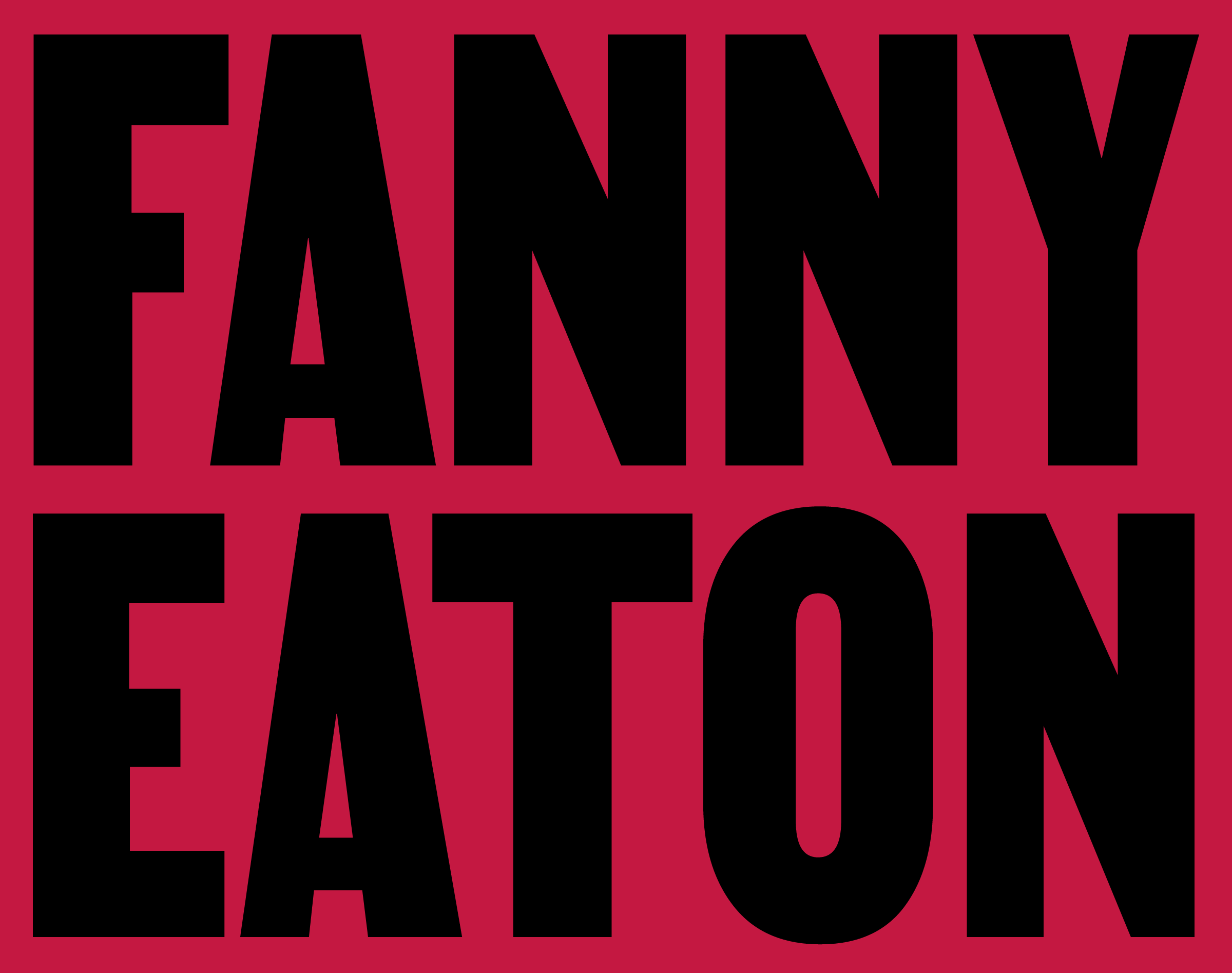
Fanny Eaton
Born: 1835, St. Andrew, Jamaica,
Died: 1924, Hammersmith, London
Fanny Eaton travelled to London in the 1840s with her mother where they both worked as cleaners in the city. From a young age, Eaton began modelling for the Pre-Raphaelite Brotherhood as a means of sustaining her livelihood and supporting her children. It’s not officially known exactly how Eaton was introduced into modelling.
Her features were labelled as 'exotic' and made her popular amongst many artists of the time, especially Dante Gabriel Rossetti. Eaton was considered to be of substantial and incomparable beauty amongst the Brotherhood, and she appears in the foreground and background of many artworks. By 1867 Eaton had stopped modelling for artists and went on to become a needlewoman and a housekeeper.

Tom Molineaux
Born: 1784, Georgetown, Virginia, USA
Died: 1818, Galaway, Ireland
Born into slavery, Tom Molineaux is believed to have been trained in bare-knuckle boxing by his father for the purpose of entertaining their enslavers. After winning a boxing match with another enslaved man from another plantation, Molineaux was granted his freedom.
Molineaux travelled to London, in 1809 and began a successful heavyweight boxing career. Whilst training with Bill Richmond, a fellow boxer, he travelled across England, Scotland and Ireland fighting boxing matches, most notably the 1810 match against boxing champion Thomas Cribb. Molineaux's fighting career ended in 1815, three years before he died in 1818.

Julius Soubise
Born: 1754, St. Kitts, West Indies
Died: 1798, Calcutta, India
Born into slavery, Julius Soubise was taken to England by Royal Navy Captain Stair Douglas at the age of ten. He was gifted to Catherine Hyde Douglas, the Duchess of Queensberry who thought very highly of him. Soubise was groomed into aristocracy and was reported to have been given the nickname 'Young Othello' within the Queensberry household.
From a young age, Soubise became a riding and fencing master, and grew in popularity amongst the upper-class socialites. Soubise lived a comfortable life of luxury in London and is reported as the first Black dandy. Soubise moved to Calcutta and established a fencing and riding school. He died in 1798 due to an unfortunate riding accident.

Ottobah Cugoano
Born: 1757, Fantyn, Ghana
Died: 1791, England (unconfirmed)
At the age of thirteen, Ottobah Cugoano was kidnapped and sold into slavery, and taken to Grenada where he worked on a sugar cane plantation. In 1772, he was sold to Alexander Campbell and was taken to England. Upon arriving in England, Cugoano was granted his freedom, baptised and given the name John Stuart.
Cugoano learnt to read and write and co-founded the ‘Sons of Africa’ group with Oludah Equiano where they continuously campaigned against slavery. In 1787, he published his book Narrative of the Enslavement of a Native African which presented his personal experience of slavery, pleading for the abolition of slavery and the emancipation of all enslaved people.
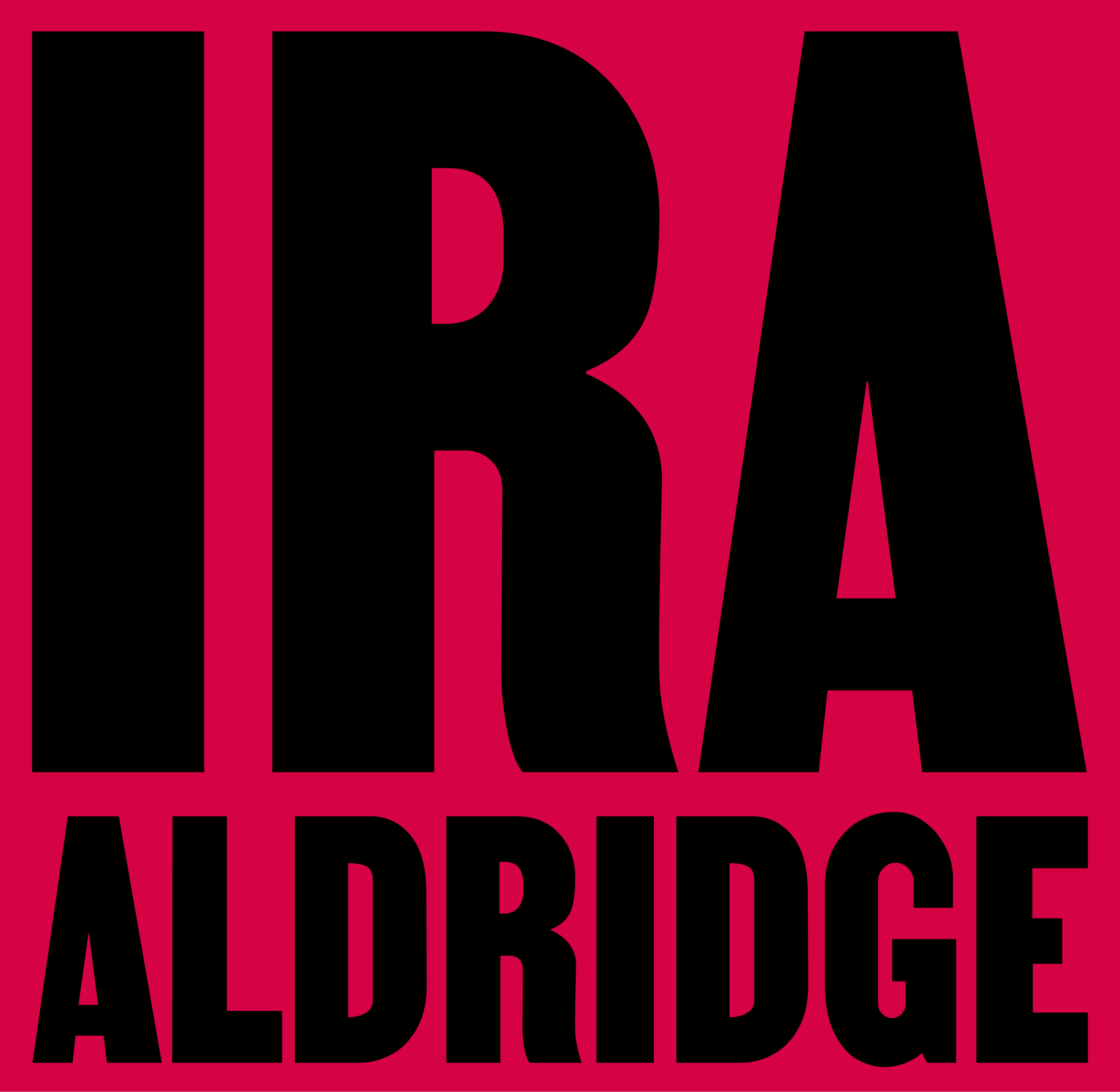
Ira Aldridge
Born: 1807, New York
Died: 1867, Poland
Born a free man to a reverend father, Ira Aldridge attended New York's African Free School where he developed an interest in theatre. In 1824, Aldridge emigrated to England in an attempt to excel his acting career. At the age of 17, he debuted as Othello at a theatre production in London but faced extreme hostility by the audience and the production was subsequently boycotted.
Aldridge continued acting, successfully playing a variety of roles across Europe and Britain. Aldridge began to receive praise for his appearances which shifted public opinion as he took on the nickname 'The African Roscius'. Aldridge used his stage presence to publicly advocate for racial equality and the abolition of slavery.

Joseph Johnson
Born: 1796, (unknown)
Died: Unknown
Joseph Johnson served as a merchant sailor in the navy. He suffered serious wounds in duty which caused him to retire from service. Unable to access his pension, Johnson turned to street begging and performed on the streets of London, Romford, Staines and St Albans. Johnson's signature characteristic was his handmade, detailed model of the military ‘Nelson’ vessel that he wore on his head. Johnson was given the nickname 'Black Joe’. Little is known about the fate of Joseph Johnson.

Samuel Coleridge-Taylor
Born: 1875, Holborn, London
Died: 1912, Surrey, England
Samuel Coleridge-Taylor learnt how to read music and play instruments from a young age with distinct talent. At the age of fifteen, he enrolled at the Royal College of Music and learned how to play the violin. Upon completion of his degree, he went on to write compositions and became a successful composer. He conducted various orchestral recitals and began teaching for a living.
He toured the United States in 1904 where he performed for the then president, Theodore Roosevelt. Coleridge continued to teach and conduct music in England and New York. He was praised for incorporating traditional African folk music into classical music. Falling ill due to being overworked, Coleridge died of pneumonia in 1912 in Surrey, England.

Omoba Aina
Born: 1843, Ogun State, Nigeria
Died: 1880, Madeira
Omoba Aina was born into the Yoruba dynasty and was an Egbado princess. In 1848, Aina was kidnapped by the King of Dahomey and was taken to England as a royal gift to Queen Victoria. Aina was renamed Sarah Forbes Bonetta and was educated in the Church Missionary Society. Due to poor health, Aina was sent to Sierra Leone but was ordered to return to England by Queen Victoria. Aina returned to England in 1855 and left an impression on Queen Victoria who took a liking to Aina’s regal mannerisms and high intellect.
At the age of 19, Aina was coerced into marrying a wealthy Nigerian Yoruba man living in England. Aina and her husband returned to Nigeria and had three children. With the Queen’s permission, Aina named her first daughter Victoria. Queen Victoria was also appointed godmother of the child. Aina maintained a close relationship with the Queen until her death in 1880.

Francis Barber
Born: c.1742, St Mary, Jamaica,
Died: 1801, Wandsworth, London
Francis Barber was born into slavery and was brought to England in 1750 by his enslaver Richard Bathurst. Upon arriving in Britain, Barber attended school in Yorkshire and became a servant in the household of the writer Dr Samuel Johnson. Barber was given his freedom in 1754 at the request of Bathurst, a condition he laid out in his will.
Barber served in the British navy during the Seven Years’ War, but later returned to Johnson’s household and enrolled in a grammar school. As a loyal servant, Barber inherited a large portion of Dr. Samuel Johnson’s assets but ended up having to sell these items to make ends meet. Barber moved to Burntwood in Wandsworth with his family and set up a school.
Born: c.1742, St Mary, Jamaica,
Died: 1801, Wandsworth, London
Francis Barber was born into slavery and was brought to England in 1750 by his enslaver Richard Bathurst. Upon arriving in Britain, Barber attended school in Yorkshire and became a servant in the household of the writer Dr Samuel Johnson. Barber was given his freedom in 1754 at the request of Bathurst, a condition he laid out in his will.
Barber served in the British navy during the Seven Years’ War, but later returned to Johnson’s household and enrolled in a grammar school. As a loyal servant, Barber inherited a large portion of Dr. Samuel Johnson’s assets but ended up having to sell these items to make ends meet. Barber moved to Burntwood in Wandsworth with his family and set up a school.

Martini Maccomo
Place of birth: c.1835, Angola, West Africa (unconfirmed)
Died: 1871 (unconfirmed)
Martini Maccomo is thought to have been born around 1835 in Angola although there are also reports of him being born under a different name in the West Indies. In 1857 Maccomo joined William Manders' Grand National Mammoth Menagerie. Maccomo became a notable lion tamer and was nicknamed 'The African Wild Beast Tamer’ Maccomo had a successful career.
In 1869 Maccomo was violently attacked by a lion during a performance in Sunderland. Though Maccomo survived the attack, he died of rheumatic fever in 1871.

Dido Elizabeth Belle
Born: 1761, Hampstead, London
Died: 1804, Pimlico, London
Dido Elizabeth Belle was daughter to the British Royal Navy Officer John Lindsay who met her mother, Maria Belle on board a captured Spanish ship in the Caribbean. Lindsay brought Maria back to London, where Belle was born. Belle was raised in Kenwood House, Hampstead under the care of William Murray, First Earl of Mansfield. Whilst spending much of her life at Kenwood House, Belle was raised as a socialite alongside her cousin Elizabeth Murray.
Dido received an education and is thought to have been treated as part of the family. Belle married in 1793 and moved to Pimlico with her husband where she started her own family.

William Cuffay
Place of birth: 1788, Gillingham, UK
Died: 1870 (unkown)
William Cuffay was the son of a naval cook and former enslaved man from St Kitts. His parents travelled to England, settling in Kent. Cuffay became an apprentice tailor but lost his job in 1834 when he and many other workers refused to sign a new work agreement after going on strike with the New Tailors' Union. This encouraged Cuffay to become involved in the Chartist movement in London. In 1839, he helped to establish the Metropolitan Tailors' Charter Association and went on to become the president of the London Chartists in 1842.
In 1848 Cuffay was imprisoned for conspiring an uprising against the British government. He was deported to Tasmania and became a political prisoner until he was granted an early release after three years. Cuffay remained in Tasmania and continued to fight for equality and justice with trade unions.
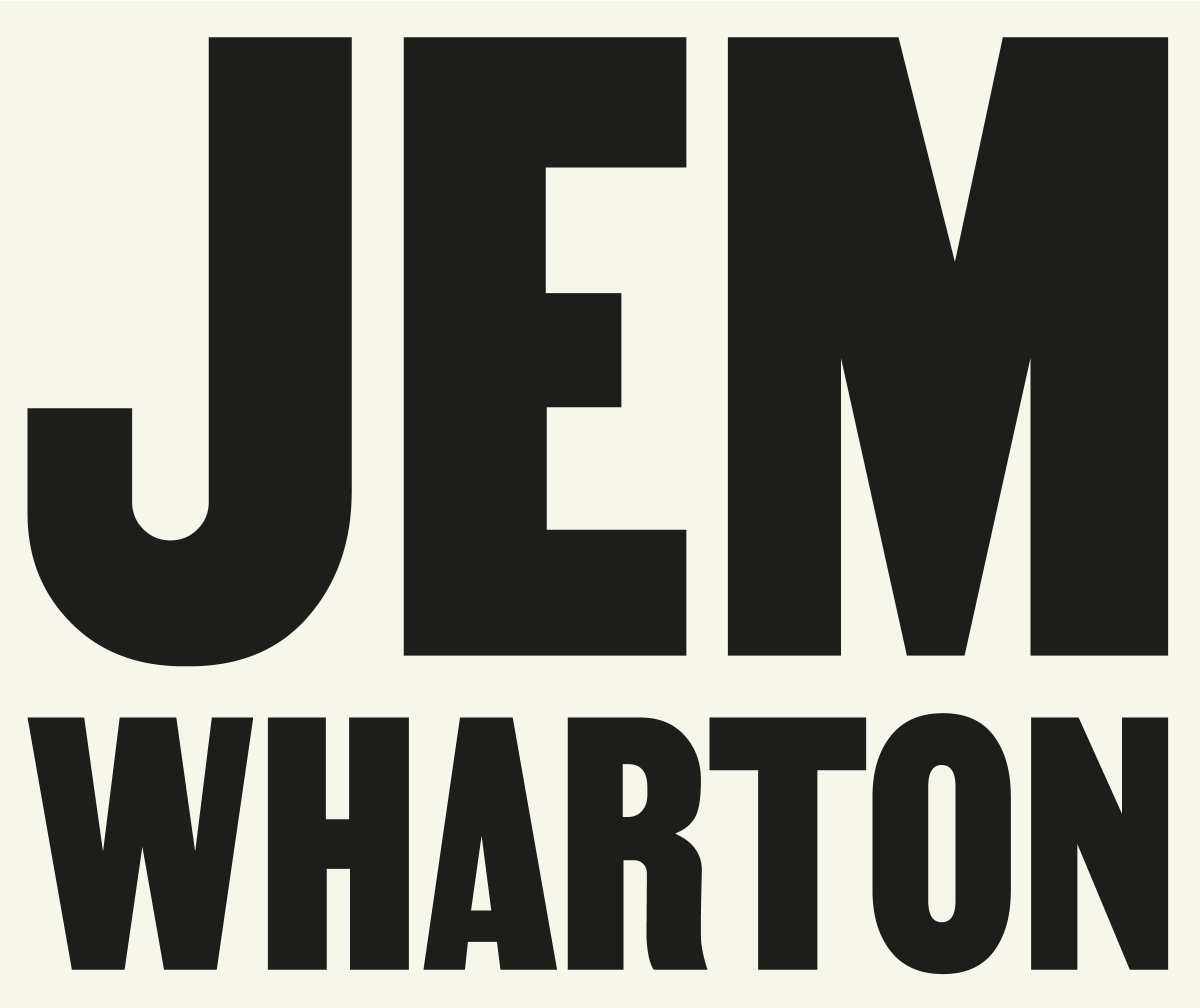
Jem Wharton
Place of birth: 1813, London, England (Unconfirmed)
Died: 1856, Liverpool, England
It’s not officially known where Jem Wharton was raised or how and when he started his boxing career, but it has been recorded that he won his first boxing match in 1833 whilst competing in London.
Wharton travelled to Liverpool, Ireland and Scotland in 1839, fighting in exhibition boxing matches. After maintaining a successful undefeated boxing career, Wharton settled in Liverpool in 1840 with his family where he opened The Vine Tap Tavern. He worked as a boxing trainer and promoter.
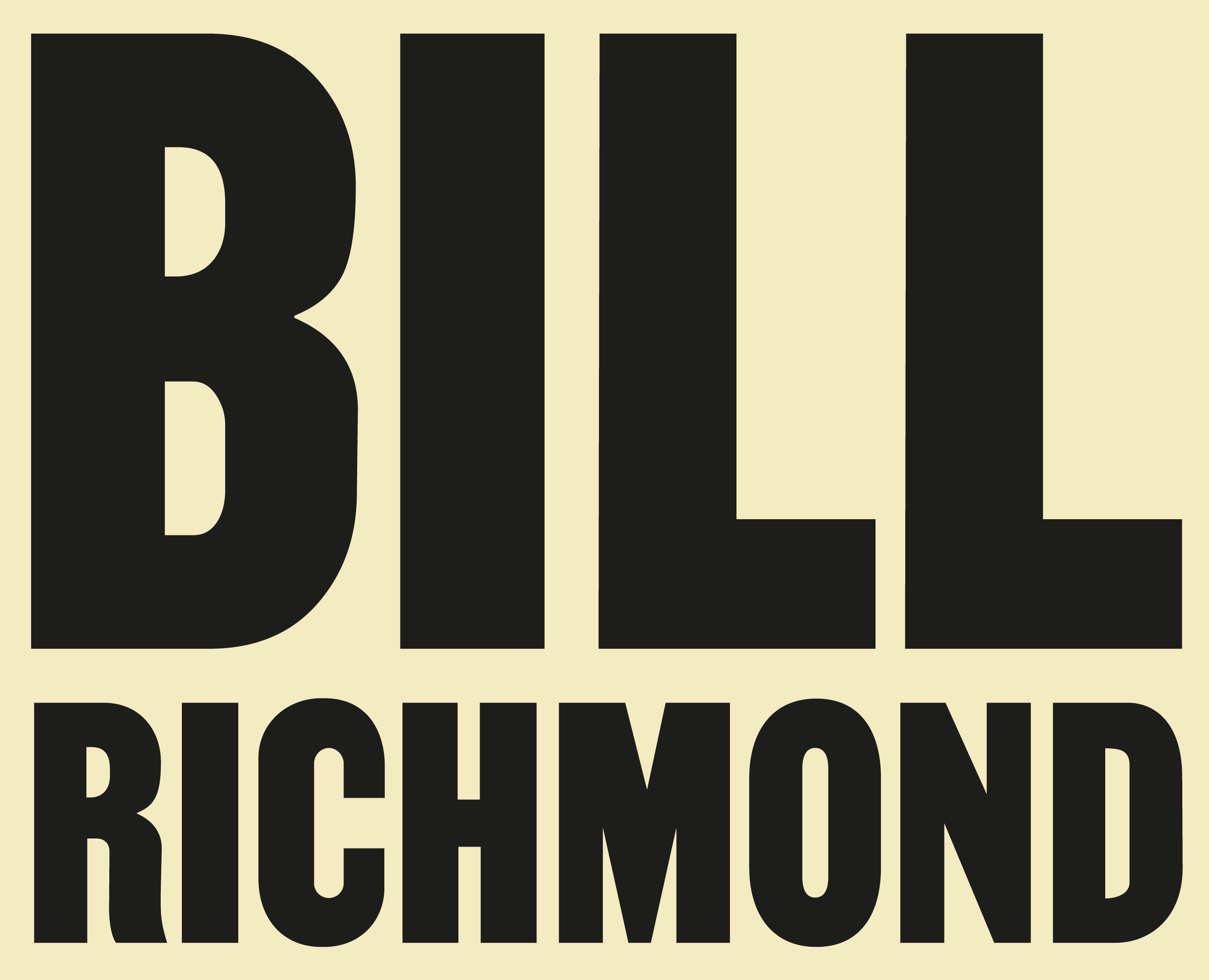
Bill Richmond
Born: 1763, Staten Island, New York
Died: 1829, London, England
Bill Richmond was born into slavery and was the subject of interest for the British General Lord Earl Percy. Whilst physically defending himself against racist abuse, Percy was impressed by Richmond’s fighting abilities. Lord Percy drafted him in organised fights for his personal entertainment.
Percy brought Richmond to England in 1777, where he was trained as a carpenter though he continued to box. Richmond was nicknamed ‘The Black Terror’ at the height of his career, as he fought and won several boxing matches. Richmond retired in 1818 and ran a boxing academy where he trained other boxers including Tom Molineaux, who he became good friends with.

Charles Bacchus
Born: 1746, Jamaica, Unconfirmed
Died: 1762, Culworth, Northamptonshire, England
Charles Bacchus was a servant to Richard Bond, whose family owned several plantations in Jamaica. He’s thought to have been brought to England by Bond in 1754 where he was baptised at the age of eight. His restored gravestone in St Mary’s Church in Culworth speaks of him in high regard which suggests that he was particularly favoured by the Bond family.

Scipio Kennedy
Born: 1694, Guinea, West Africa
Died: 1774, Ayshire, Scotland
Scipio Kennedy was forced into slavery and lived under the ownership of Scotsman Captain Andrew Douglas of Mains, Dunbartonshire. Kennedy arrived in Scotland in 1702 and worked as a servant in Edinburgh and Maybole and eventually Culzean Castle. In 1752, at the age of 30, Kennedy was granted his freedom through a manumission contract which also entitled Kennedy the right to be compensated for his 25 years worth of work. It is thought that the Kennedy family granted Scipio’s freedom because he adopted the Chritstian faith.
Although he was now a free man, Scipio continued to work for the Kennedy family, living in Culzean Castle, whilst also working in the cotton and linen textile industry with his wife until his death.

Sargano Alicamusa
Born: 1859, St Vincent, West Indies
Died: (Unknown)
Sargano Alicamusa was born to a farmer father who sought out a good education for his son. After befriending a British Naval officer in 1872, he came to London and worked in a popular circus in Westminster as an elephant rider. Alicamusa became a lion tamer after being dared to enter the lion's cage by the circus owner. Alicamusa went on to travel across Europe with Bostock and Wombell’s Menagerie as a well-known lion tamer. Little is known about his later life.

John Blanke
Born: 1501, West Africa, (Unconfirmed)
Died: Unknown
It’s thought that John Blanke arrived in England with the entourage of Katherine of Aragon in 1501 which included several trumpeters from Spain. In 1507, Blanke was one of eight royal trumpeters for Henry VII. In 1509, Blanke moved into the household of Henry VIII and took part in the coronation for the new king.
Following the death of a more senior trumpeter, Blanke petitioned for a higher salary and role to reflect his skills and experience. His petition was successful and resulted in a salary increase in Blanke’s wages. Blanke married in 1512 and is thought to have continued to serve as a trumpeter for Henry VIII until around 1514. Nothing further is known of Blanke after this date.
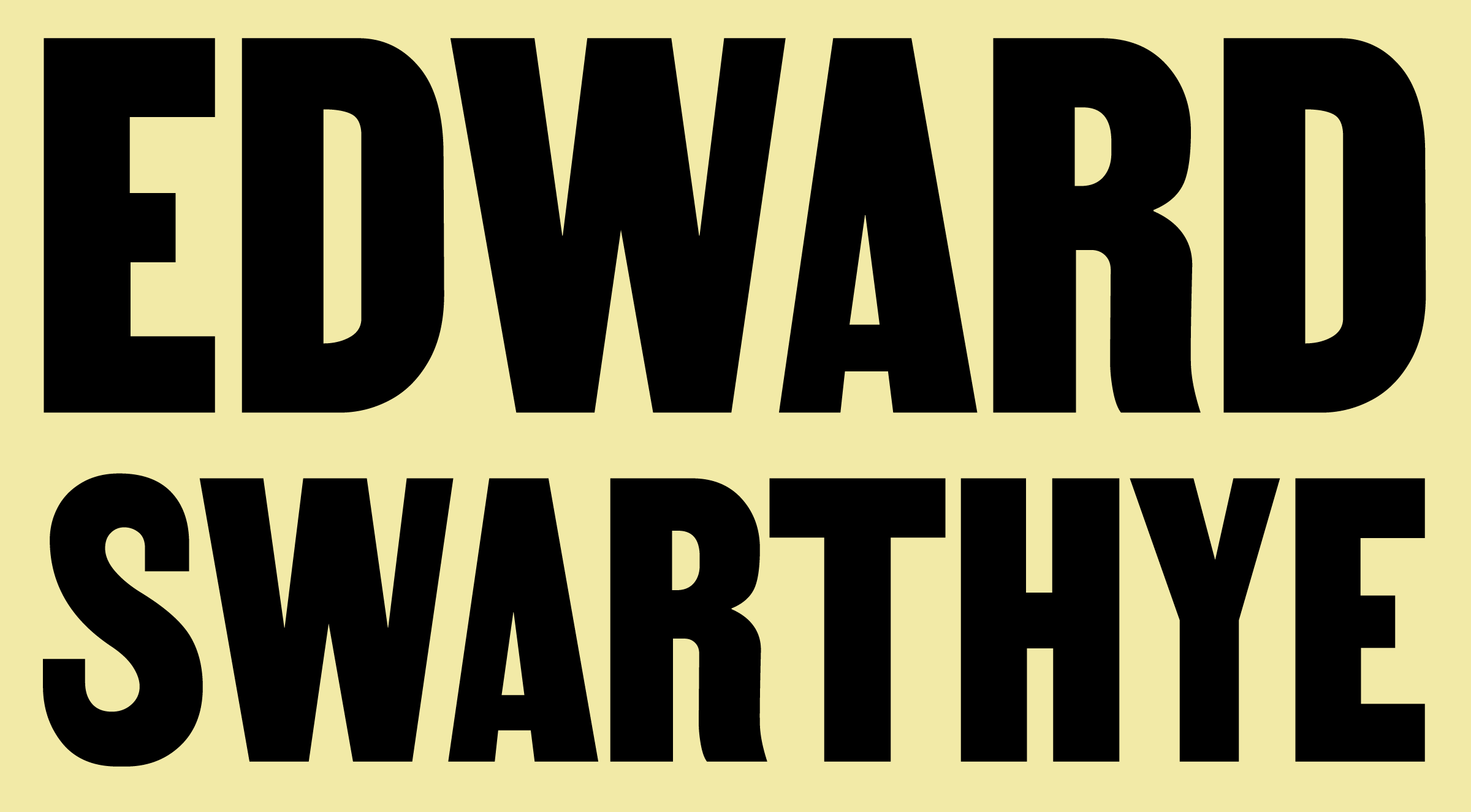
Edward Swarthye
Born: 1500s, West Indies (Unconfirmed)
Died: (Unkown)
Edward Swarthye is thought to have come to England in 1586 with Sir Edward Wynter on the return of Francis Drake’s voyage to the Caribbean. He joined the Wynter household and served as a porter. Swarthye was the subject of public controversy in 1596, when he publicly whipped John Guye, the future first governor of Newfoundland and fellow servant in the Wynter household. The matter was taken to court due to the public humiliation faced by Guye.
Swarthye stood trial and appeared as a witness in the court case, giving a testimony in which he admitted to publicly whipping Guye. His testimony highly suggests that Swarthye was a free man, as enslaved Black people were historically prohibited from giving evidence. The outcome of the case is not well recorded.
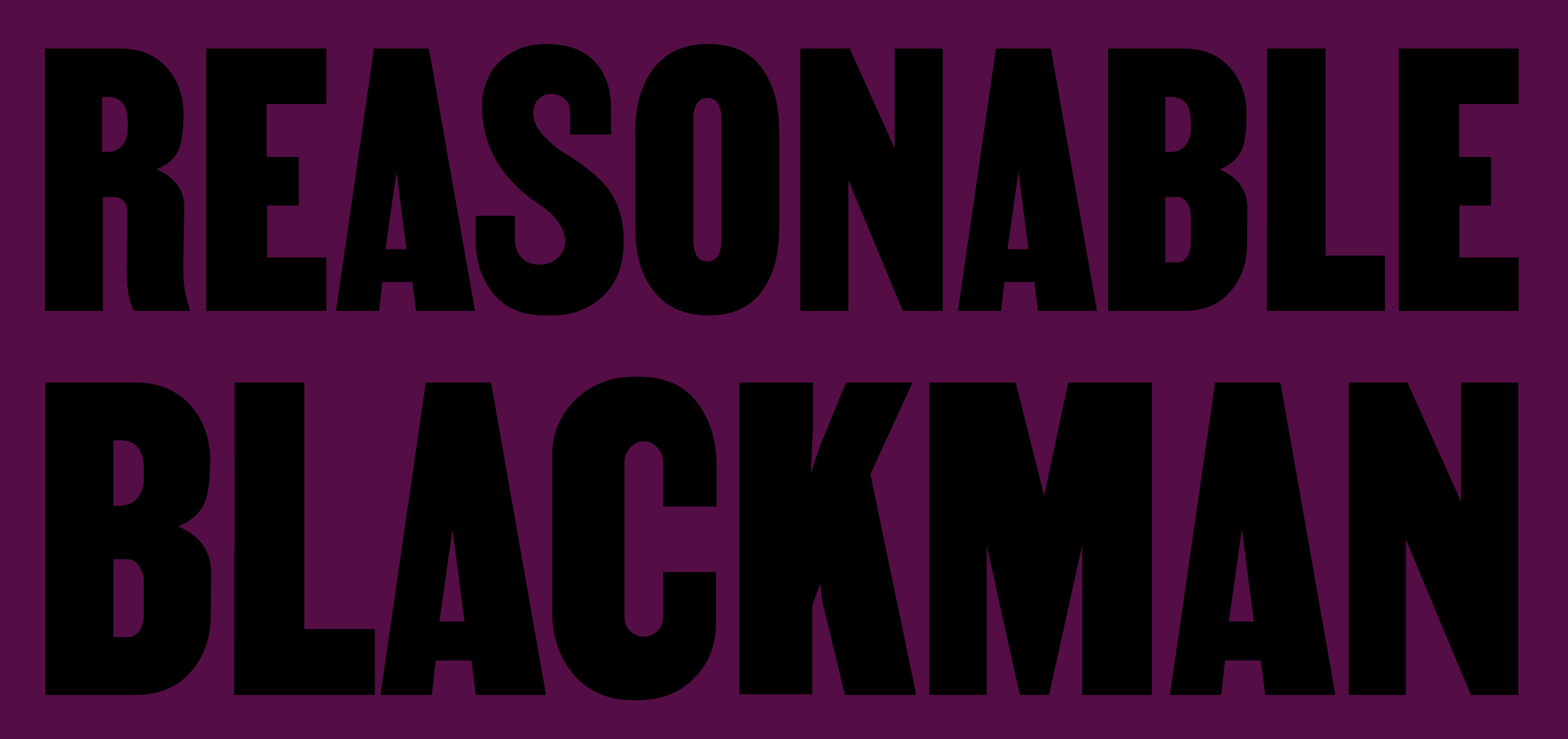
Reasonable Blackman
Born: 1579, Antwerp, Netherlands (Unconfirmed)
Died: Southwark, London 1592 (Unconfirmed)
Also known as John Reason, Reasonable Blackman was a highly skilled silk weaver who likely emigrated to London from the Netherlands where the silk weaving industry was growing. Whilst surnames such as ‘Blackmore’ and ‘More’ were often taken by Africans living in England, his surname is likely a reference to his skin colour. ‘Reasonable’ is thought to be a reference to his fair prices and/or a marketing technique.
Blackman worked and lived near Tooley Street in Southwark with his family until 1592 when two of his children tragically died from the plague. Little is known about Blackman after the death of two of his children although it is thought that his last son Edward, continued his father’s successful trade as a silk weaver.

Celestine Edwards
Born: 1857, St Johns, Dominica, West Indies
Died: 1894, Dominica, West Indies
At the age of 12, Celestine Edwards fled his family home in Antigua and became a sailor. In 1877, Edwards travelled to Edinburgh and worked as a labourer until he moved to Sunderland. Edwards became a well-known, skilled public speaker and often gave speeches on imperialism, theology, and race.
In the late 1880s, Edwards moved to London and studied theology at King's College. He became editor of Lux, a Christian magazine, and Society for the Recognition for the Brotherhood of Man’s newsletter, Fraternity. He is known as the first Black editor of a newspaper in Britain and used these newspapers to speak out against slavery and fight for racial equality. He joined the London Hospital as a medical student and despite his deteriorating health, he travelled across England, giving speeches campaigning for racial equality and an end to imperialism. As his health progressively worsened, Edwards returned to Dominica where he passed away with his family.
Born: 1857, St Johns, Dominica, West Indies
Died: 1894, Dominica, West Indies
At the age of 12, Celestine Edwards fled his family home in Antigua and became a sailor. In 1877, Edwards travelled to Edinburgh and worked as a labourer until he moved to Sunderland. Edwards became a well-known, skilled public speaker and often gave speeches on imperialism, theology, and race.
In the late 1880s, Edwards moved to London and studied theology at King's College. He became editor of Lux, a Christian magazine, and Society for the Recognition for the Brotherhood of Man’s newsletter, Fraternity. He is known as the first Black editor of a newspaper in Britain and used these newspapers to speak out against slavery and fight for racial equality. He joined the London Hospital as a medical student and despite his deteriorating health, he travelled across England, giving speeches campaigning for racial equality and an end to imperialism. As his health progressively worsened, Edwards returned to Dominica where he passed away with his family.
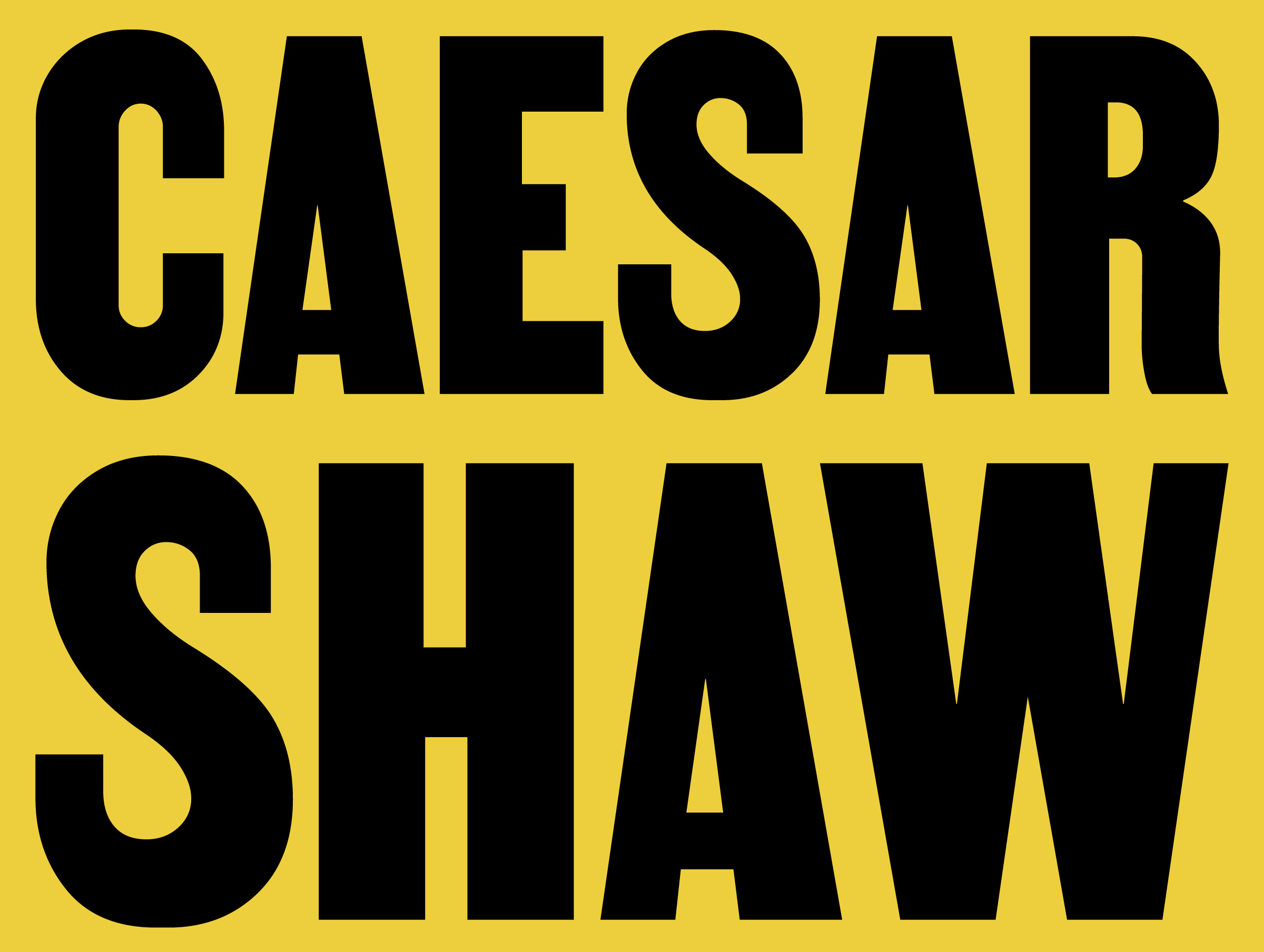
Caesar Shaw
Born: Unknown
Died: Unknown
Caesar Shaw was an enslaved servant owned by John Spencer. He lived and worked in the Spencer household, Althope House in Northamptonshire, where he was also baptised. Shaw is featured in two portraits in Althorp Hall, painted by George Knapton in 1745. Shaw can be seen alongside the Hon. John Spencer and John Spencer - later 1st Earl Spencer.

Ukawsaw Gronniosaw
Born: c.1710, Bornu, Nigeria
Died: c.1775, England
At the age of fifteen, Ukuawsaw Gronniosaw was tricked into slavery and sold to multiple people including Theodore Frelinghuysen, a Dutch Reformed minister in New Jersey. Gronniosaw worked for the Felingshuysen family for several years until he was granted his freedom following the death of his master. The Felingshuysen family introduced Gronniosaw to Christian theology, of which he admired and began to practice. Gronniosaw went to sea and worked as a cook onboard a ship during the Seven Years War. Following the death of his former master’s family, he enlisted with the British armed service to travel to England, believing that it was the promised land, as many of his former master’s friends had travelled from there.
Facing financial hardship, Gronniosaw published his autobiography A Narrative of the Most Remarkable Particulars in the Life of James Albert Ukawsaw Gronniosaw, An African Prince in the hopes of making money to sustain his family. Gronniosaw and his family travel around England trying to find work and a steady income. He was maintained by his faith, as he described himself and his family as pilgrims, travelling through difficulties to find their holy home.

Jacques Francis
Born: 1527, Guinea, West Africa,
Died: (Unknown)
Jacques Francis was a highly skilled salvage diver within a team of divers managed by a Venetian man named Peter Paolo Corsi. Francis also worked as a servant in the Corsi household. In 1546, Francis was appointed head diver by Corsi when the team were tasked with salvaging valuables lost aboard the sunken Mary Rose, Henry VIII’s warship.
A year later, Corsi was accused of stealing valuables from a separate salvage mission in Southampton, leading to Francis testifying as a witness in court. Francis’s testimony highlights that he was extremely skilled as well as a waged worker. He was able to free dive to extremely deep depths with no breathing apparatus, as well as being able to see underwater. Although Francis was a free man, his testimony was dismissed by Italian merchants as they denounced Francis as an ‘uncivilised slave’ who’s words had no place in a European court. Despite this, Francis’s testimony was accepted by the court.

John Marrant
Born: 1755, New York, USA
Died: 1791 (Unknown)
Born a free man, John Marrant lived in various US cities whilst growing up. Altho he became a skilled musician, he converted into a highly religious man and began reading and studying the bible with the hope of repenting his sins. He became estranged from his family and travelled the country, befriending members of Native American communities and preaching to them.
Marrant returned to music as he became a musician for the British Royal Navy during the American War for Independence. He was eventually discharged in London and began working with a cotton merchant. Marrant joined a religious network which practiced Calvinistic Methodism and became a religious missionary. In 1785, he was ordained in Bath as a minister and travelled to Nova Scotia and established a ministry, where he preached and taught in a school. Marrant also published A Narrative of the Lord’s Wonderful Dealings with John Marrant, A Black, in which he detailed his encounters with the Native American Cherokee community. Marrant returned to England and continued preaching in Islington until his death.

John Ystumllyn
Born: c.1738 (Unconfirmed)
Died: 1791, Gwynedd, Wales
It’s unclear how John Ystumllyn arrived in Wales, though it’s possible that as a child, he was taken from the West Indies and sold to the Wynn family who brought him to Wales. Ystumllyn lived on the Ystumllyn estate in Criccieth where he was taught how to care for the gardens. In 1754, at the age of sixteen he had his portrait painted by an unrecorded artist.
Ystumllyn became a skilled gardener and planter. He went on to marry in 1768 and was given a house and garden by the Wynn family as a token of his long service to the family.

Zilpha Elaw, 1790–73
Born: 1790, Philadelphia, USA
Died: 1837, London
Zilpha Elaw was born to free Black parents, who both tragically died whilst she was young. Elaw was then adopted by the Mitchells, a Quaker family and grew into Methodist traditions. In 1810, at the age of twenty, Elaw married and had two children, one of which survived. The death of her youngest daughter encouraged Elaw to begin preaching, which was later further encouraged by the death of her husband. Elaw spent several years preaching whilst working as a servant and setting up a school for Black children in Burlington.
Elaw eventually travelled to England in 1840, where she preached in rural England as well as London and the Midlands. By 1850 she had re-married and settled in London, building her own chapel. By the late 1870s Elaw’s health had deteriorated and she was no longer able to travel or preach due to paralysis and dementia.
Below is a list of names of recently-discovered people who are yet to be added to the quilt.

Myrtilla
Born: (Unknown)
Died: 1705, Oxhill, England

Louis Celeste Lecesne
Born: c.1796, Haiti or Jamaica, West Indies
Died: 1847, London, England
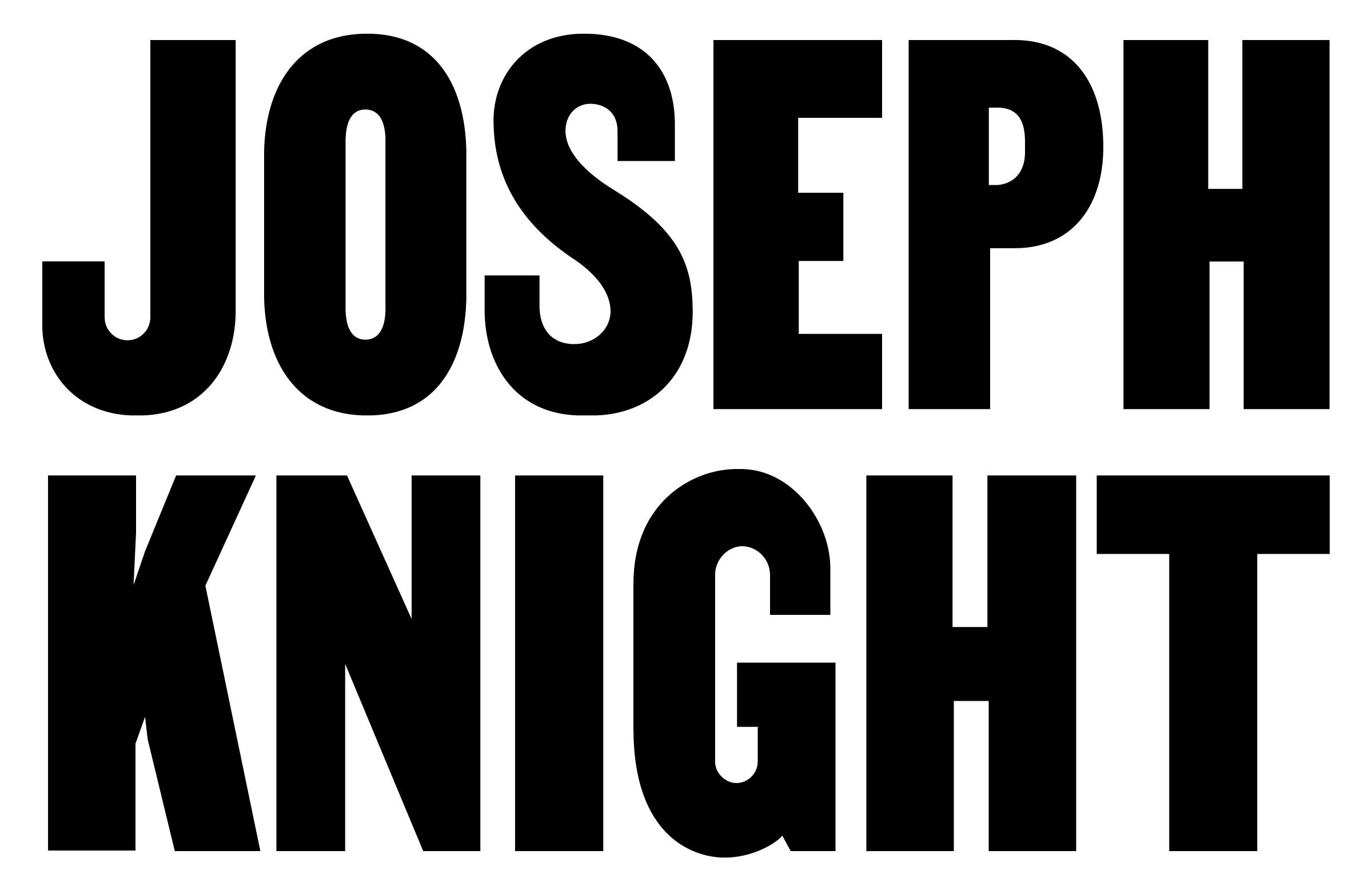
Joseph Knight
Born: 1769, Guinea, West Africa
Died: 1778 (Unconfirmed)

Pulford Power
Born: (Unknown)
Died: Alcester, England (Unknown)

Margaret Lucy
Born: (Unknown)
Died: Idlicote, England

Will Archus
Born: (Unknown)
Died: Unknown, Oxhill, England

John Edmonstone
Born: 1793, Guyana, South America
Died: Edinburgh (Unconfirmed)
Do you know any names of people that you feel should be added to the quilt?
If so, fill out the form below!
If so, fill out the form below!
© 2025 Jahnavi Inniss